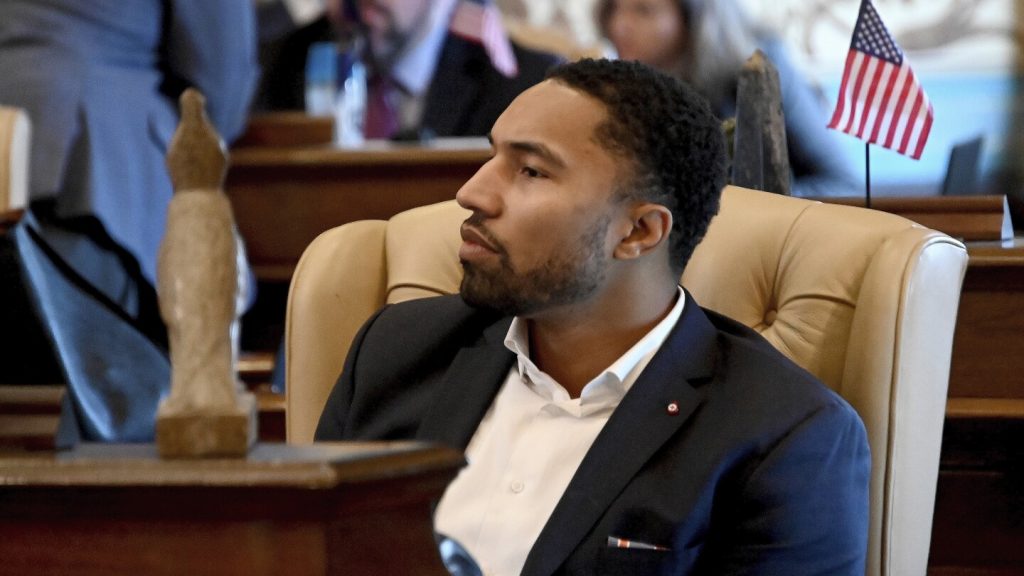In Michigan, fraudulent signatures have become a major issue in the congressional races this year. Both Republican and Democratic candidates are facing allegations of fraudulent signatures on their nominating petitions, which could potentially impact their ability to qualify for the August primary ballot. Adam Hollier, a Democratic candidate challenging U.S. Rep. Shri Thanedar, is expected to be kept off the ballot due to insufficient valid signatures. Additionally, Republican Senate candidates are also facing allegations of fraudulent signatures, leading to calls for an investigation by state and national Democratic groups.
Michigan election law requires candidates to submit 15,000 valid signatures by a certain deadline to qualify for the primary election. Although the Democratic groups missed the deadline for challenges, they have requested the state canvassing board to open an investigation into the signatures submitted by the Republican Senate candidates. The signatures are being investigated due to concerns about potential forgery and fraudulent tactics similar to those seen in the 2022 election, which led to several gubernatorial candidates being kept off the ballot.
The U.S. Senate race in Michigan is highly competitive following the retirement of longtime Democratic Sen. Debbie Stabenow. Republican candidates, including former U.S. Reps. Mike Rogers and Justin Amash, are vying for the nomination but are facing allegations of fraudulent signatures from Democratic groups. Rogers, the frontrunner, has submitted 30,000 signatures, and for him not to qualify, half of those would need to be deemed invalid. Other candidates, like businessman Sandy Pensler, are also facing similar challenges to their signatures.
Both Republican and Democratic candidates in Michigan are facing challenges to their signatures, with some accusations of voter suppression and antidemocratic behavior. Despite these challenges, candidates like Elissa Slotkin and Adam Hollier are confident that they will qualify for the ballot. Hollier, in particular, has acknowledged that some of the signatures submitted showed evidence of fraud, but he maintains that the fraudulent activity was not directed by his campaign. The signatures in question are being forwarded to the proper authorities for further investigation.
The outcome of these investigations could significantly impact the Michigan congressional races this year, as candidates struggle to ensure that their nominating petitions are legitimate. With the Senate seat open and both parties fighting for control of the chamber, the allegations of fraudulent signatures add another layer of complexity to an already intense political landscape. As the investigations continue, candidates will have to navigate the challenges of ensuring that they can qualify for the ballot while also addressing concerns about potential fraudulent activity surrounding their signatures.















